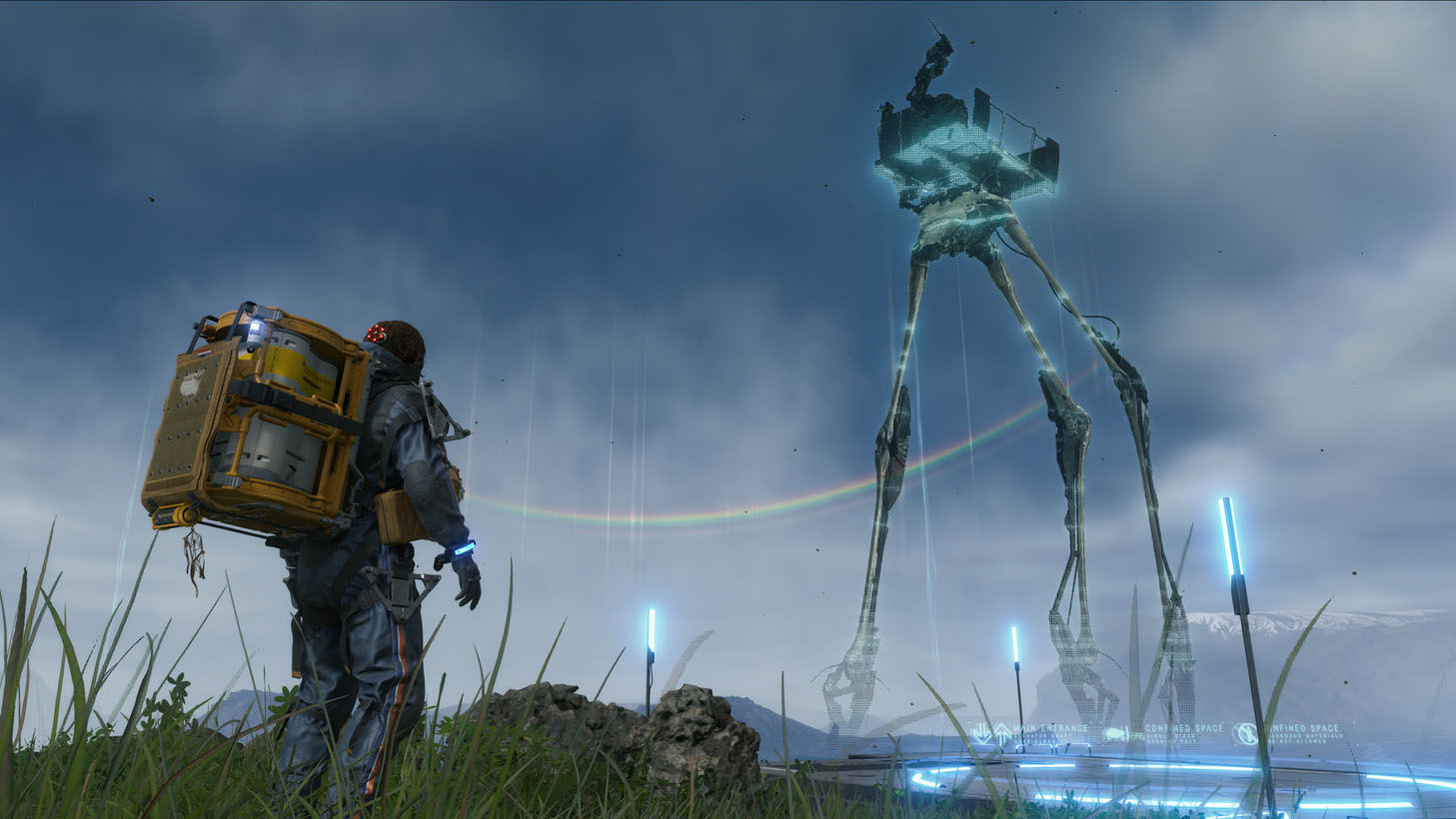Death Stranding gets ready for Nvidia RTX 3090 with new 8K setting
DLSS Ampere support added

With the announcement of Nvidia’s new RTX 3080 and RTX 3090 graphics cards, the reality of gaming at huge 8K resolutions became more realistic, and now Death Stranding on PC is getting a dedicated 8K preset in time for the new GPUs.
Death Stranding already impressed us with its 8K performance, and a new update looks like it’s going to be even better by adding DLSS 2.1, which offers support for 8K upscaling. In the graphics section of the game, the update introduces a ‘DLSS 8K performance mode’.
- Find the best Nvidia GPU for you
- Check out all the best PC games
- We'll show you how to build a PC
As the patch notes explain, “this update made the game able to recognize 8K resolution, it was previously limited to 4K. It also adds the Ultra Performance DLSS preset created specifically for 8K, it's not visible in the game because it requires an NVIDIA driver update.”
Not just for Ampere
While this new setting will allow people with the RTX 3090 and RTX 3080 Ampere GPUs to play at 8K, Turing GPUs, Nvidia’s last gen graphics cards, like the RTX 2080 Ti could make use of it as well.
In fact, the GPU we used to test Death Stranding at 8K was the Turing-based RTX Titan, a beast of a card that costs $2,499 (around £2,000, AU$3,600). If this new patch boosts the performance of that GPU as well, we’ll be very happy.
Also, if this new patch, alongside DLSS 2.1, allows the RTX 3090 to perform as well as – or better than – the RTX Titan at 8K, then that’s also very exciting.
While at $1,499 / £1,399 (around AU$2,030), the RTX 3090 will be a very expensive card, it will be cheaper than the RTX Titan. So, it could mean 8K gaming has just become (slightly) more affordable.
Sign up for breaking news, reviews, opinion, top tech deals, and more.
- These are the best GPUs of 2020
Via Tweak Town

Matt is TechRadar's Managing Editor for Core Tech, looking after computing and mobile technology. Having written for a number of publications such as PC Plus, PC Format, T3 and Linux Format, there's no aspect of technology that Matt isn't passionate about, especially computing and PC gaming. He’s personally reviewed and used most of the laptops in our best laptops guide - and since joining TechRadar in 2014, he's reviewed over 250 laptops and computing accessories personally.